Khabar Khair (Only Good News)
The Food and Agriculture Organization of the United Nations (FAO) officially handed over a newly constructed desert locust center to local authorities in Yemen’s Seiyun, Hadramout governorate, as part of ongoing efforts against the locust scourge.
The Seiyun Center, constructed under the World Bank-funded Desert Locust Response Project (DLRP), is one of the five centers aimed at improving locust management in Yemen’s key breeding areas. This includes two main centers located in Sana’a and Aden, and three regional centers in Hodeida, Shabwah, and Hadhramout. The remaining four centers will be handed over to authorities in the coming weeks.
Out of the five, two are main centers located in Sana’a and Aden, and three are regional centers in Hodeida, Shabwah, and Hadramout governorates. These five locations are key desert locust breeding areas in Yemen, and the construction of the centers allows better management and distribution of locust management resources.
The centers include an administration block, resource warehouses, training centers, and Locust information offices. Locust management resources include survey tools and equipment, camping equipment, personal protective equipment, control equipment, and accessories, as well as bio-pesticides.
The newly-constructed centers in Sana’a and Hodeida replace those that had deteriorated and lacked the minimum needs to perform locust management properly. The governorates of Aden, Shabwa, and Hadhramout previously lacked desert locust control centers, which curtailed the control and management of the pest.
Yemen is one of the most significant desert locust breeding reservoirs in the Near East region, and the establishment of these centers will mitigate pest outbreaks in the region and beyond. His Excellence Salem Abdullah Issa Al-Soqotri, the Minister of Agriculture, Irrigation, and Fisheries Wealth, expressed gratitude to the World Bank for the financial support and FAO for its cooperation with the government during the implementation of this project.
“The work of the World Bank and FAO to improve the institutional capacity by constructing the five desert locust centers as well as a raft of other resources, trainings, and awareness sessions has raised the ministry’s capacity to monitor, control, and manage this pest that causes huge damage to crops and pastures each time there is an outbreak,” said Al-Soqotri.
Dr. Gadain, said that the centers demonstrate joint efforts between FAO, the World Bank and the Yemeni authorities to enhance food security and nutrition in the country. “We need to build firm first lines of defense against pests and diseases as we continue the journey of agrifood system transformation. These centers that we are handing over today will play an important role in this regard, and I am grateful that the World Bank has supported us in making this a reality,” said Dr. Gadain.
Dr. Gadain added that FAO has worked with the authorities to make sure that the centers will be sustainably managed.
Desert locust center personnel will be involved in surveillance and control operations. Data are collected from the field and transferred to the main locust information offices in the main centers in Aden and Sana’a, where the data is analyzed, and forecasting of locust situations is made to support planning and decision-making.
The data will also be shared from the main locust information centers with other countries in the region and with the desert locust information service at FAO. The information will be used for global locust analysis and forecasting, and this serves as an early global locust warning.
Apart from the construction of the desert locust centers, the project provided support for early warning information through the procurement and installation of six weather sensors. Between 2021 and 2023, there was the execution of the field survey and control operations in Yemen.
Furthermore, the project conducted training on field survey and control operations, pesticide management, and applying environmental and health safety standards, as well as awareness sessions with the community about the locust impact on agriculture and the economy the risks of pesticides.
Source: FAO
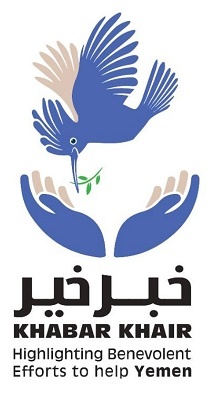


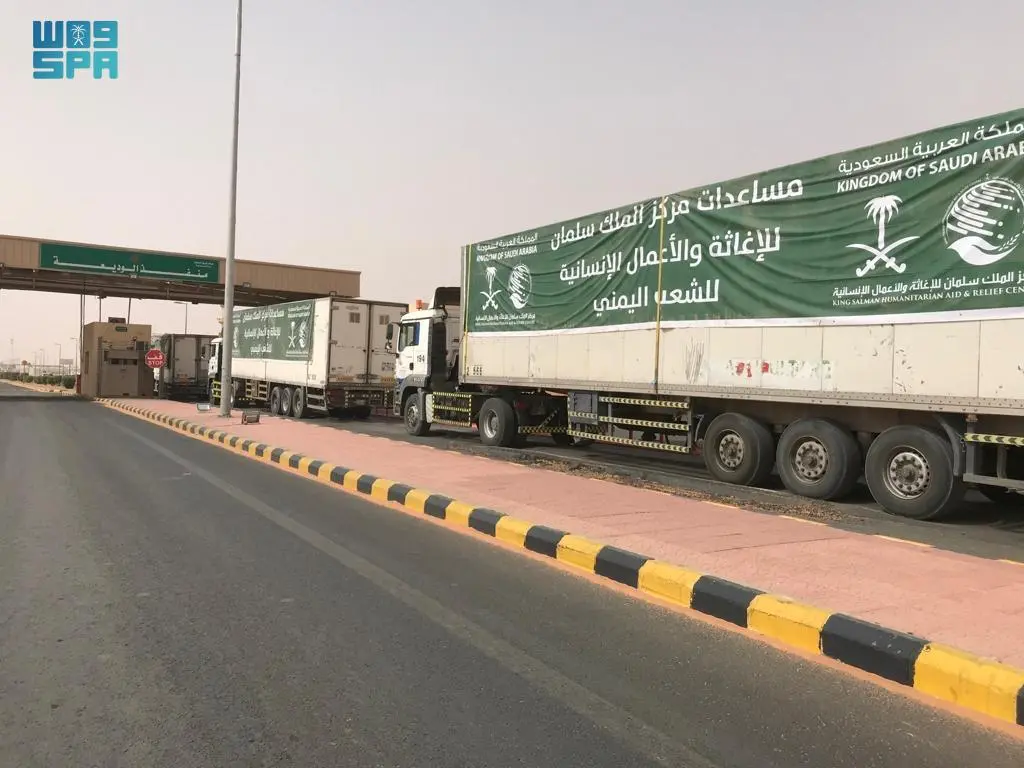
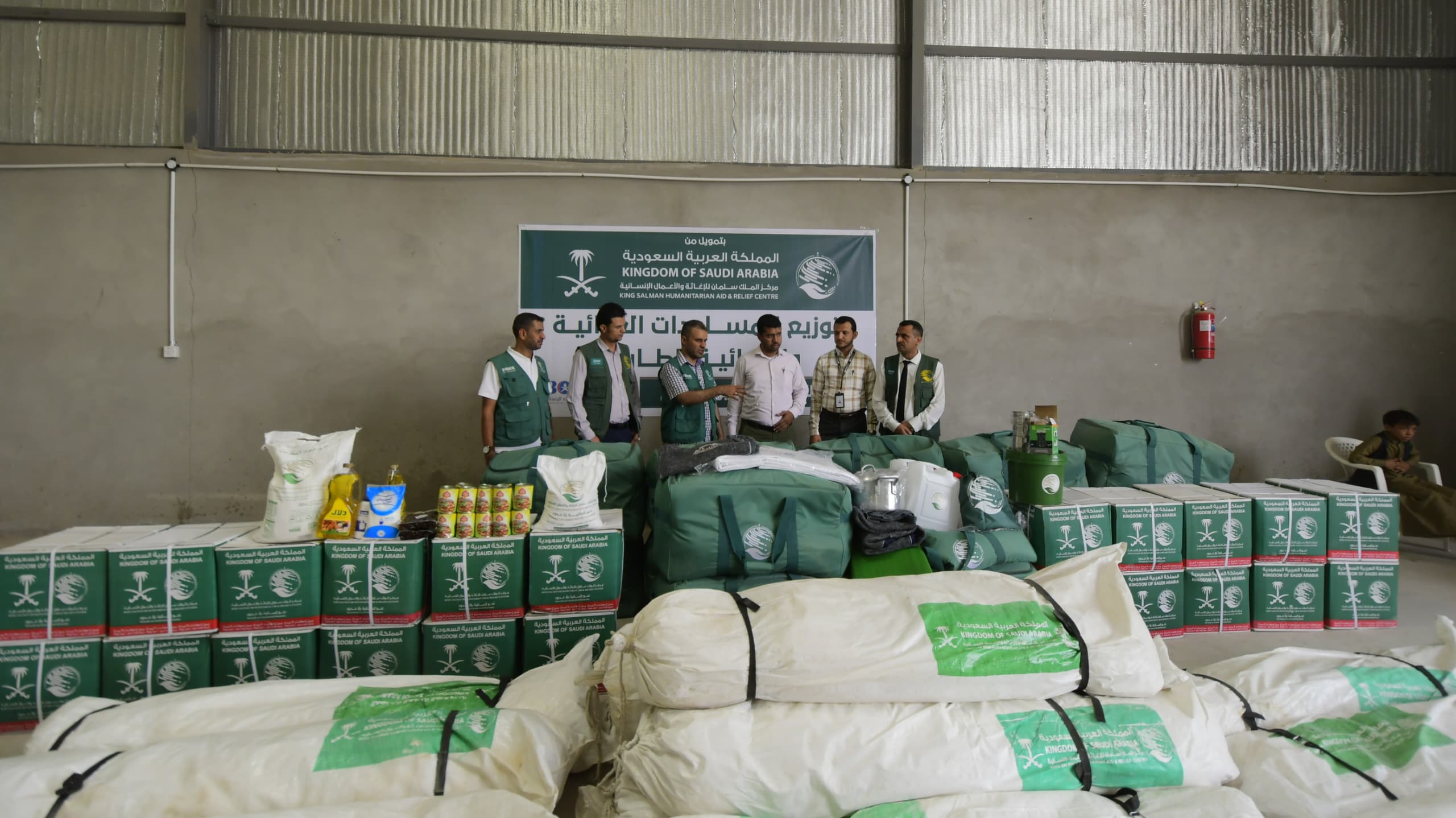
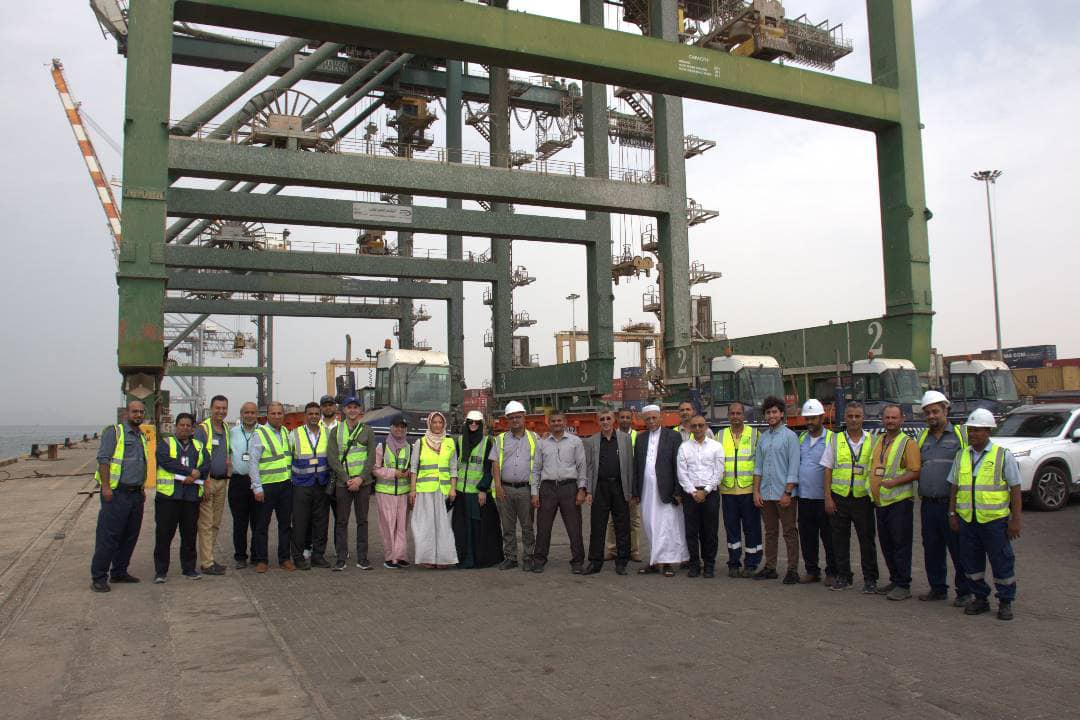
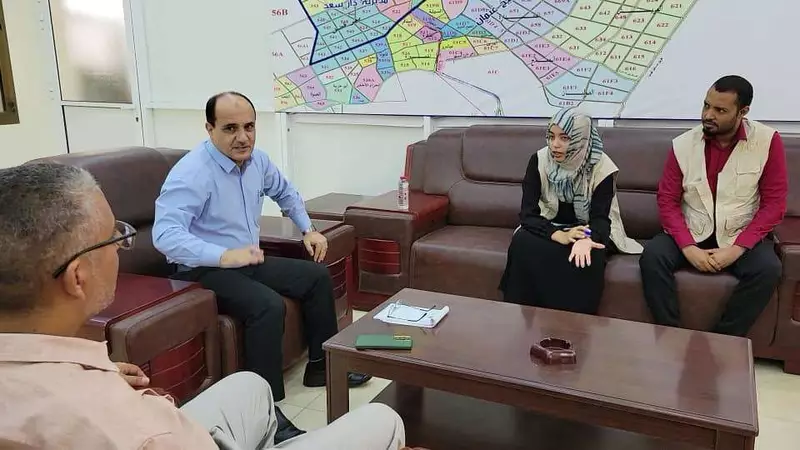
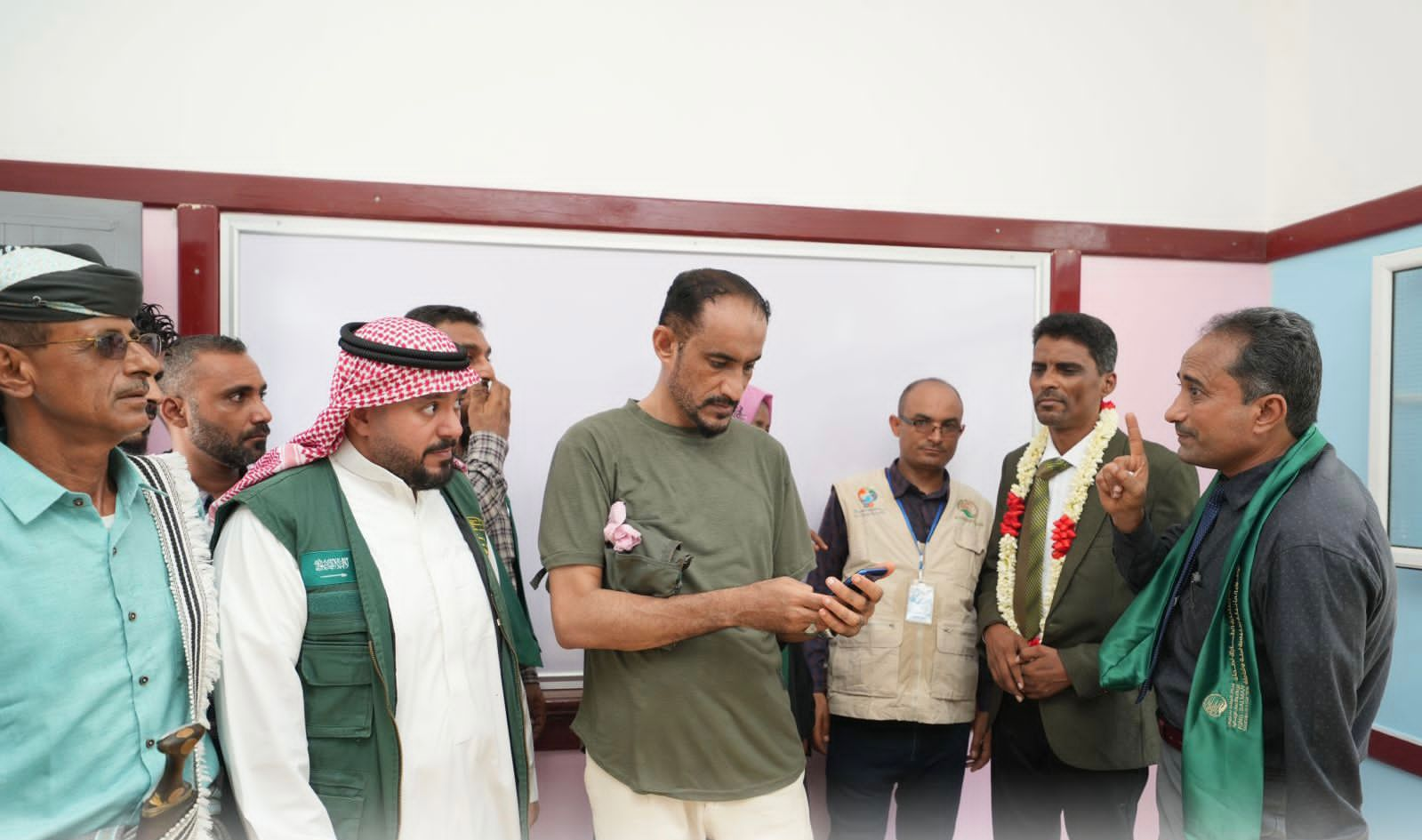
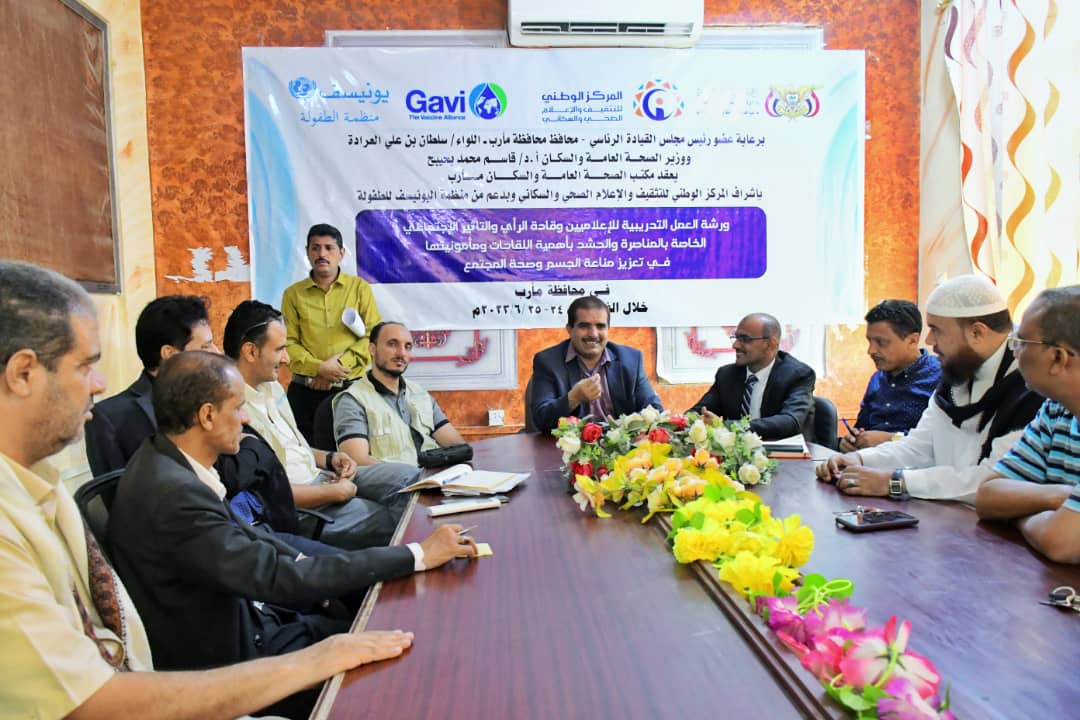
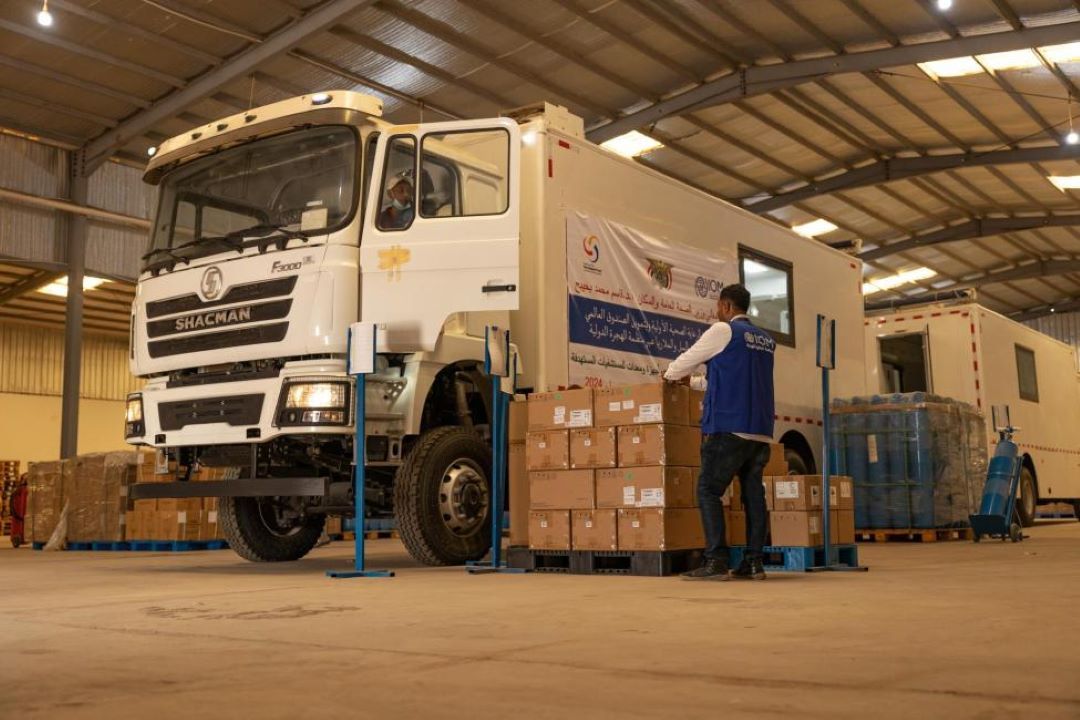
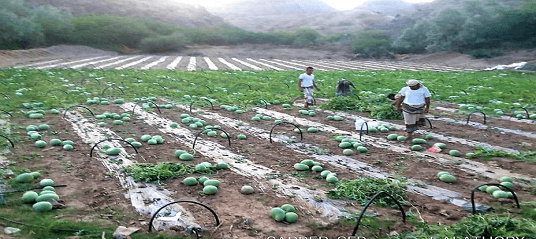
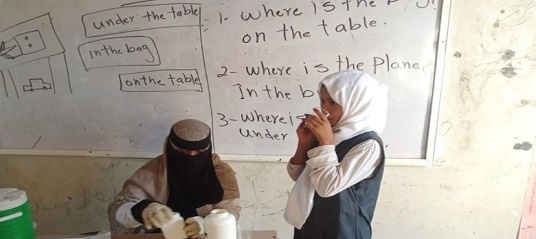
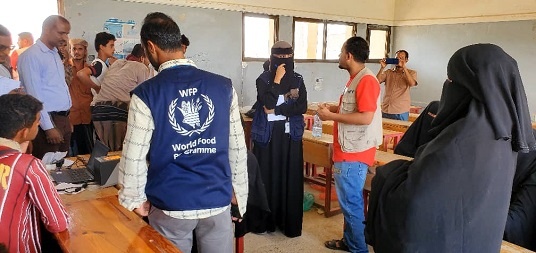
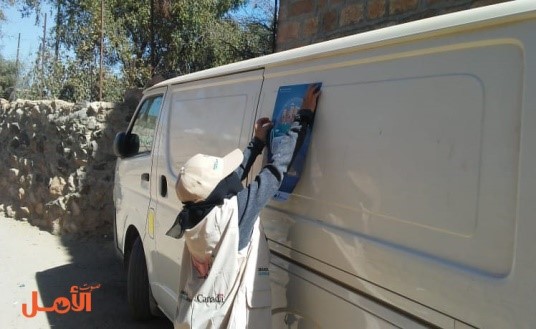
LEAVE A COMMENT